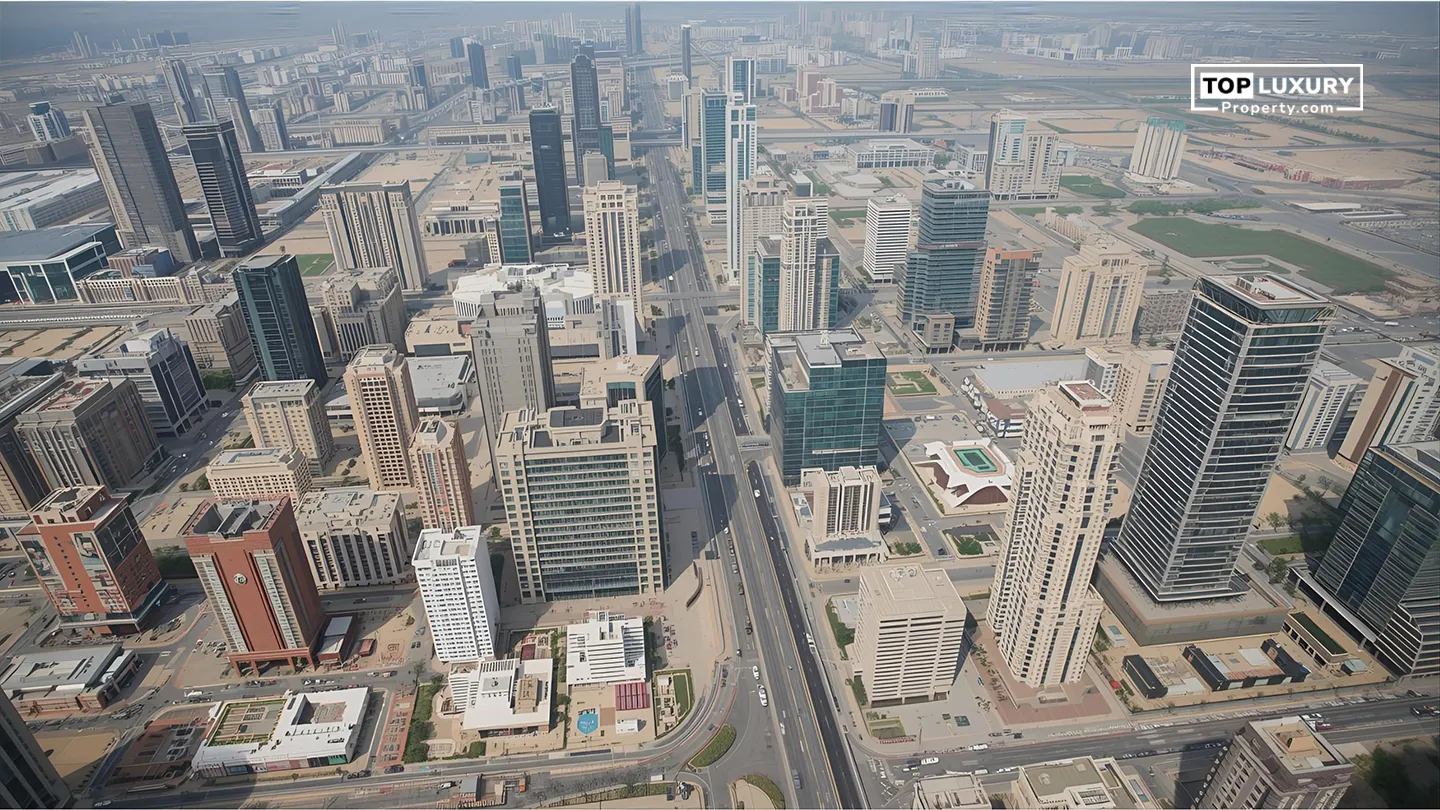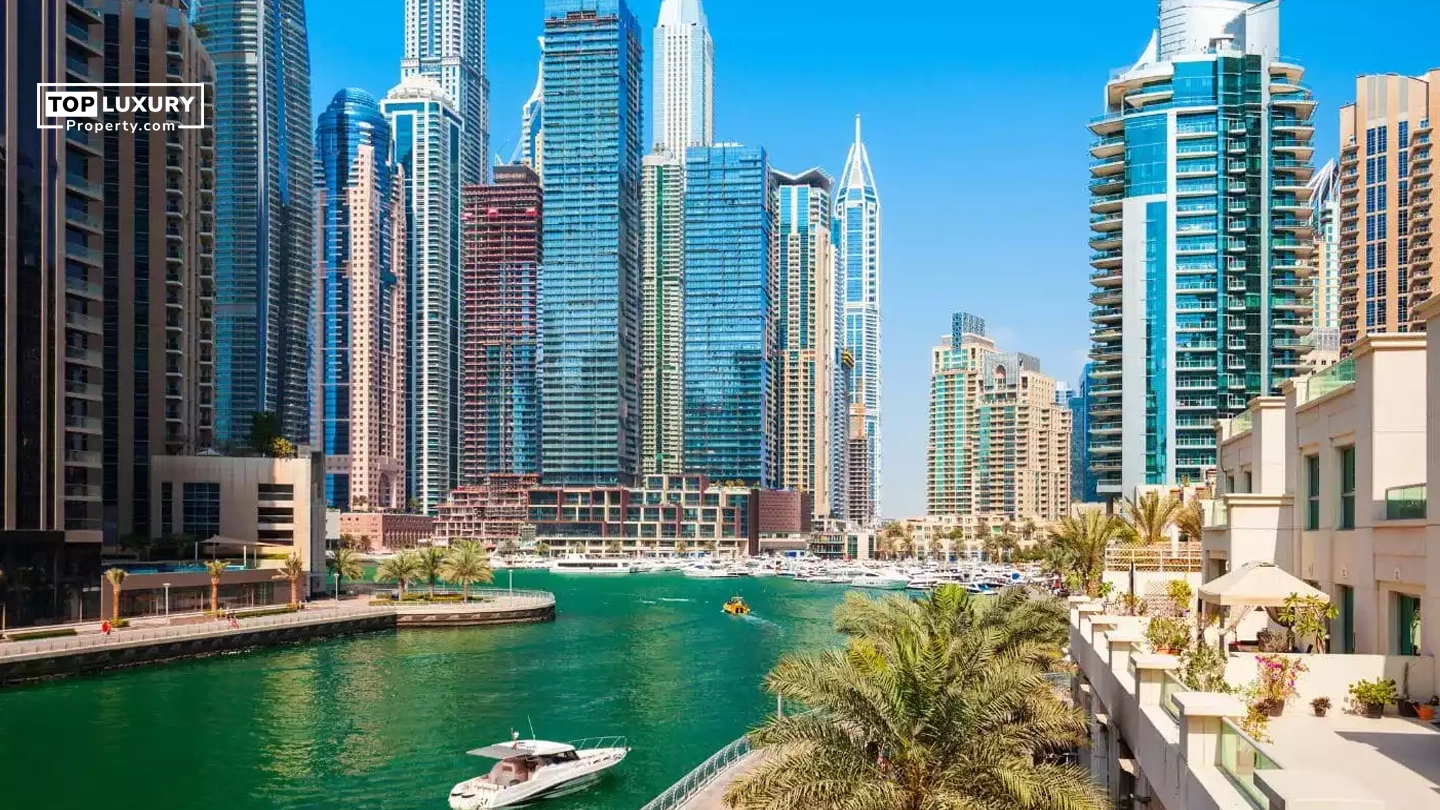Introduction To The New Expropriation Framework
Saudi Arabia has launched a new system for expropriation. This real estate possession law, established by Royal Decree No. (M/56), provides a clear legal process. It allows the state to acquire private property for public purposes. The Saudi Arabia expropriation law modernizes the previous 2003 version. It represents a major update to how expropriation Saudi Arabia is managed.
The decree provides a 120-day transition period. This allows time to set up new regulations and administrative systems. Projects started under the old law will proceed as planned. A key change involves utility bills. Responsibility for water and electricity costs will shift to the property’s occupants. This ensures that billing is based on actual consumption.
Key Features Of Saudi Arabia’s New Expropriation Law
The new expropriation law Saudi Arabia is built on several key principles.
- Defining Public Interest: The law specifies what qualifies as a public interest project. This includes infrastructure, utilities, health, and national security. The government must first try to use state-owned land.
- Ensuring Project Funding: A project cannot move forward without secured funding. This requirement protects landowners from uncertain projects. It also prevents commitments that cannot be fulfilled.
- Adhering to Strict Deadlines: The law establishes a clear “60-60-90-90” day timeline. This schedule covers all stages from review to payment. Property owners are protected from eviction until they have been paid.
- Fair and Independent Appraisals: Three certified valuers determine a property’s value. The Saudi Public Governance Authority (SPGA) supervises this process. Owners are compensated with the market value plus an additional 20% premium and any direct damages.
- Rules for Temporary Use: The state can use a property temporarily for up to three years. In this case, it pays the owner a rental fee plus a 20% premium. If longer use is needed, the government must formally expropriate the property.
- Additional Protections: Owners can receive non-cash payments, like land or shares in a project. The law also gives tax breaks for reinvesting funds. It protects the rights of tenants and anyone with a mortgage on the property.
Overall Implications For Saudi Arabia’s Infrastructure Projects
This new law brings more clarity to the expropriation process. However, it also presents new considerations. The generous compensation may lead to more disputes over property values. Developers must now plan for higher land acquisition costs.
The government must also manage the shift to occupant-based utility billing. The SPGA has many new responsibilities to handle. Its performance will be key to the law’s success. While the 20% premium ensures fairness, it could increase project costs. This may affect overall investor confidence in large-scale projects. The framework aims to balance public need with private rights.
Conclusion
The new legislation provides an updated system for property acquisition in Saudi Arabia. It is defined by clear public interest standards and strict timelines. The law emphasizes fair compensation and centralized management. Its overall success hinges.







